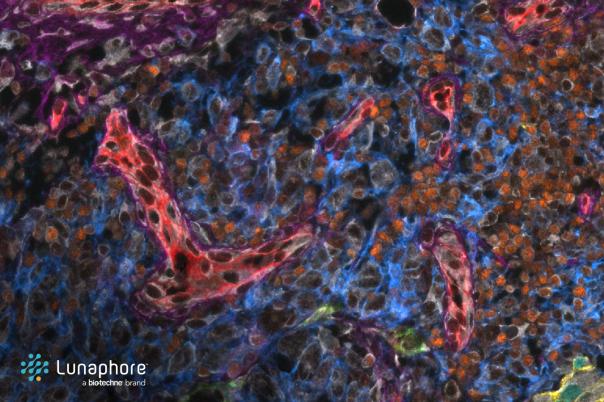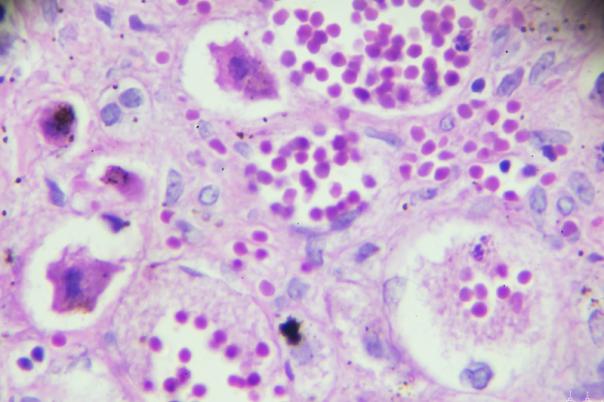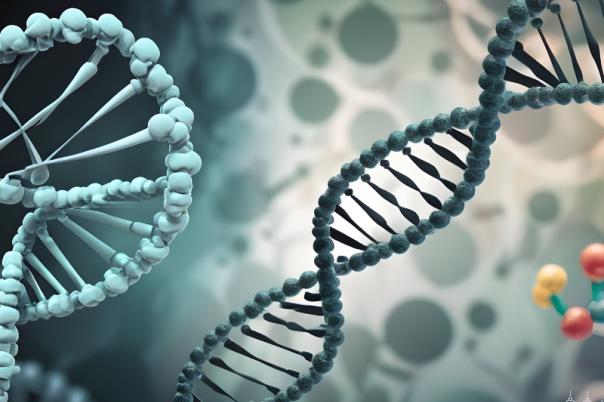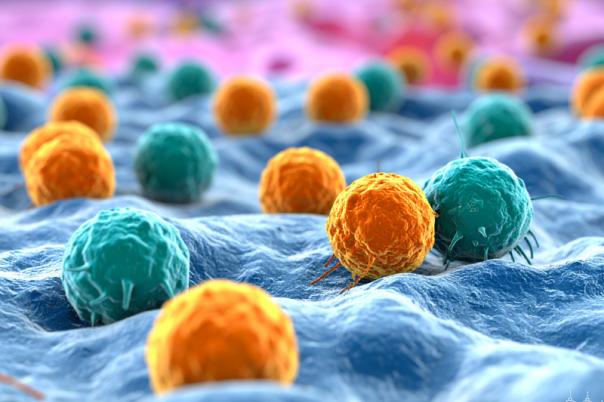This presentation by David Clark, Consultant Haematopathologist, Nottingham University Hospitals NHS Trust explored the transformation of cellular pathology through digital innovation and artificial intelligence. Beginning with a reflection on the rapid pace of change in medicine, Clark described how his hospital moved from transporting physical glass slides between campuses to implementing a fully digital pathology workflow. The journey started five years ago, supported by Innovate UK funding, with ambitious targets for digital reporting and productivity improvements. The success was attributed to strong leadership, governance, and collaboration across different teams.
After a thorough procurement process, the Indica Labs Halo AP system was chosen and integrated with existing laboratory and cloud-based AI systems. The transition involved applying lean manufacturing principles to streamline processes and ensure efficiency. Validation of the new digital system was staged, recognising that consultants adapted at different rates. The shift to digital pathology enabled remote working, improved efficiency particularly in complex cases and allowed instant sharing of cases between sites.
Productivity increased significantly, with consultants able to handle more cases despite staff shortages, and turnaround times improved. AI tools were validated for clinical use, enhancing the accuracy and reproducibility of tumour assessments. However, the transition was not without challenges: the initial productivity dipped and some subspecialties found digital reporting more difficult. Furthermore, the Royal College of Pathologists’ reliance on glass-based exams remains a barrier to full digital adoption. IT integration and laboratory capacity were critical, and successful change required careful management and engagement with pathologists.
Looking ahead, Clark argued that most individual pathology departments will struggle to implement AI alone due to limited resources. He advocates for collaboration and networking across NHS trusts to share investment and improve quality. Ultimately, the presentation emphasised that successful transformation is achieved through sustained effort, teamwork, and purposeful collaboration, rather than any single “secret sauce”. The future of cellular pathology lies in harnessing digital technology and AI and is supported by robust networks and a commitment to continuous improvement.





